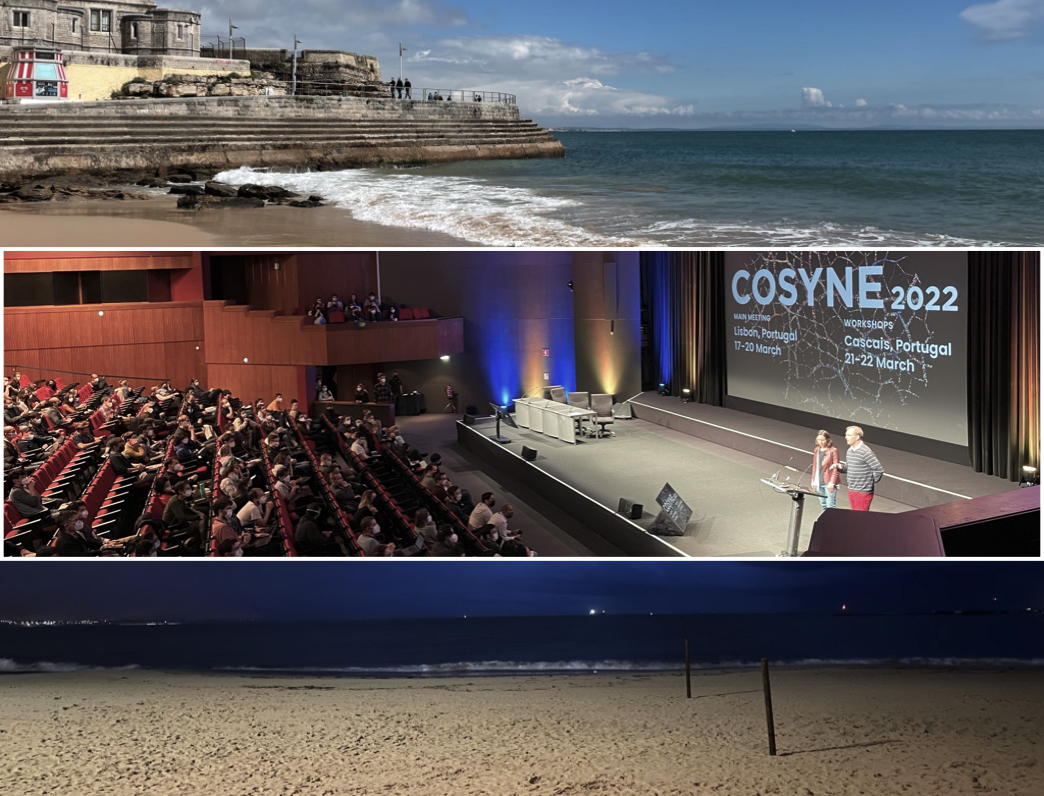Jan 5, 2017
With the turning of a new calendar, we have reached the beginning of yet another circle around our sun. I’m usually not one to make new year resolutions, because I feel that 1) making something into a new year resolution means that it’s almost guaranteed to be broken, and 2) I maintain the philosophy that if I want to do something to improve my life, I would want to start as soon as possible. That’s why I’m not calling this activity a “resolution”, but a challenge.
Jokes aside, the idea is very simple: I challenge myself to post a blog article every single week for a whole year. And as the first post of the year, I will talk about why I want to do this (because it will be crazy hard), and how I plan to make this happen (failure to plan is planning for failure!)
Why am I doing this?
Firstly, writing is now an indispensable part of my professional toolkit as a
graduate student. As such, it pays to write as often as possible in order to
practice getting to a place where I can write easily and clearly for
scientific publications. Since paper writing comes at the end of a successful
project, however, a toiling graduate student doesn’t have many opportunities
to make that happen. On the flip side, I’ve always enjoyed writing for fun by
keeping a blog, but recently I’ve found myself fall into the trap of “letting
perfection become the enemy of good.” What that means is that I will typically
spend many, many hours writing a blog post, and this is just for the ones that
make it out into the sunlight. Many other potential posts are buried somewhere
as drafts, some due to my decision halfway through that the topic isn’t
interesting enough, and some for no other reason than that I’ve lost steam. As
a result, something that is supposed to be fun and creative became laborious,
because I too often try to cover all possible angles of approaching a topic,
even though it’s quite a futile effort and makes for super long blog posts.
SO, in light of that struggle, I realized that I will need to actively overcome my fear of writing badly and incompletely, and the only way to do that is to write at a rate that I will not possibly be able to keep up with if I were to spend as much time as I do now per post and not be a full-time blog writer. The key heuristic I want to aim for is the 80/20 rule: spend the 20% effort required to make it 80% as good, and move on. Of course, I am deathly afraid that the resulting quality will be so poor that quantity will eventually trump quality, adversely impacting my blog, and I know that as soon as I start to feel this way, I will want to stop. That is why I am publicly announcing this, as it has been my experience that nothing ever gets done unless there is a deadline or someone expects something of me.
How do I plan to do this?
One blog post per week is difficult, seeing how I averaged about one post
every two months or so in the last year. The difficult part for me, however,
is not finding something to say. As previously demonstrated
here
and here, I can quite
literally write about nothing much at all, because I think a lot of random
things are interesting. Instead, the main difficulty for me - and I don’t know
if I’m the first to coin this term - is that I tend to “edit myself to death.”
What does this mean? It means that as I write, I tend to re-read the entire
thing up to the current point in order to write the next sentence, to make
sure that it flows as a part of the whole. Actually, this has been my problem
ever since I had to write essays for school. I’m what you would call a first-
draft-only kind of person: I would meticulously write and edit and write and
edit every sentence as I go, and the whole process would take so long that I
would have no time to edit at the end, nor would I want to, because reading
everything again for the (N+1)th time would make me sick.
I really believe that this alone sufficiently stifled my output, and it made things un-fun. So how do I plan to circumvent this? It can be summarized by a single advice: separate the process of creating and critiquing. This means actively stopping myself from reading through the whole thing every few sentence or so, and try to finish the whole piece in one go. This is exactly what I have done up until this point in the post, and I’ve noticed that, for example, when I’m stuck trying to find a particular suitable word, I will go back and read the whole thing again, for no real good reason. What I find helpful there is to literally just to put a blank placeholder for the word ( __ ) and come back later to fill it in, in order to not break the flow. Also, I think giving myself a time constraint will be helpful, because I know I will need to produce something at least passable by the end of the writing session, as opposed to having free reign over my time. Hence, I will give myself 2 hours for each post: 30 minutes of planning/research, an hour of actual writing, and 30 minutes of editing and refinement of ideas. Finally, I will try to write less, focusing on only one main idea and use language as concisely as possible., though certainly not all writing should be done this way, such as a novel.
Post-Mortem: I definitely feel that some ideas were not as well fleshed out or given enough examples for in this post, as I raced to finish the writing portion. But what do you know, an hour later, out came a post. If you’re reading this and have also been thinking of keeping a blog, whether just for yourself or for the public eye, I encourage you to start ASAP and get it out there. It’s definitely better to have made something kinda good than to not have made anything at all.




